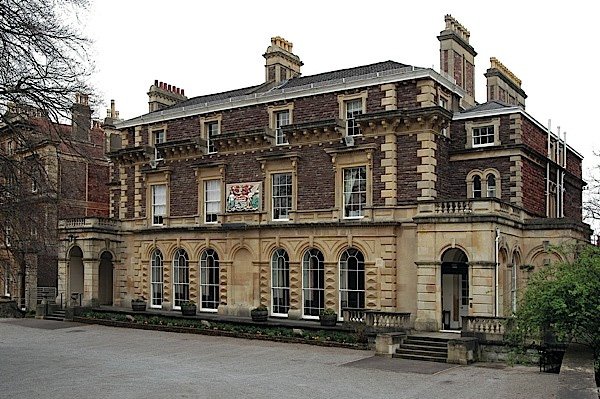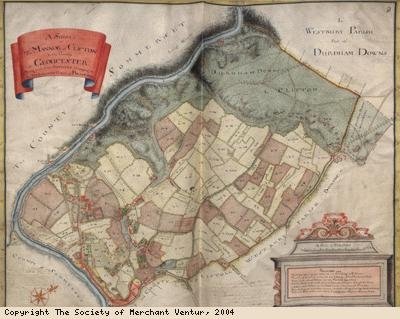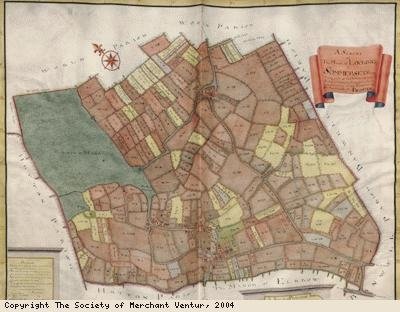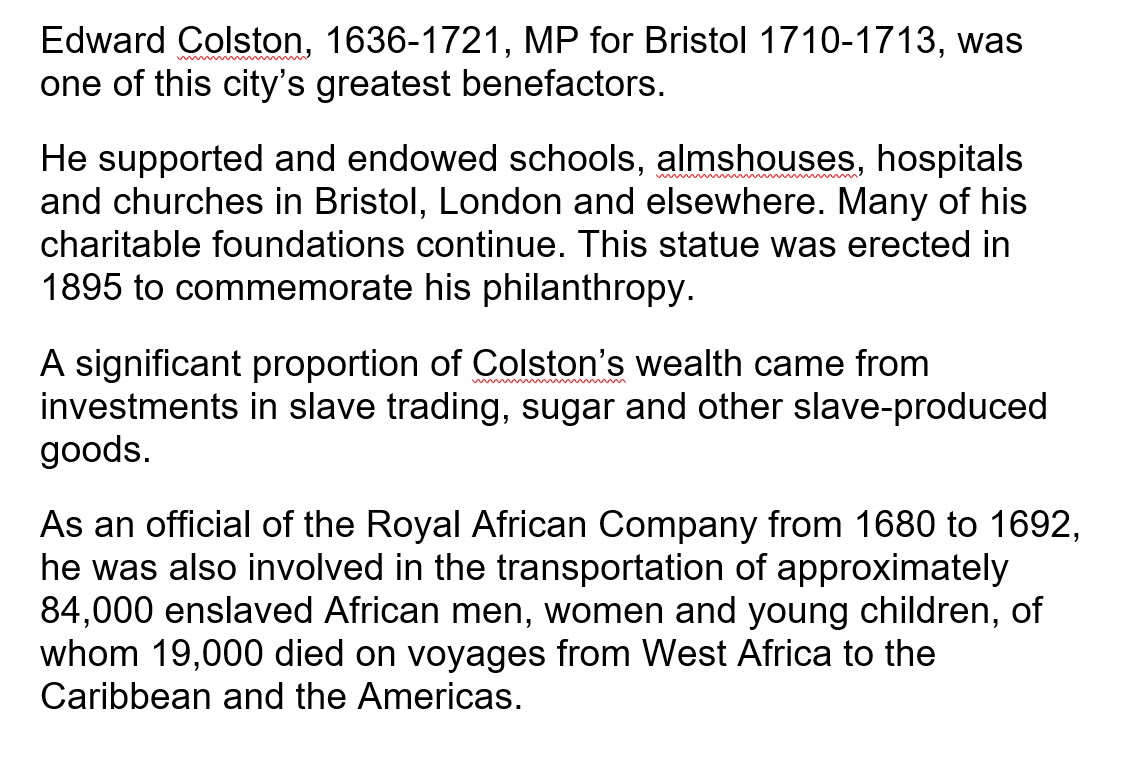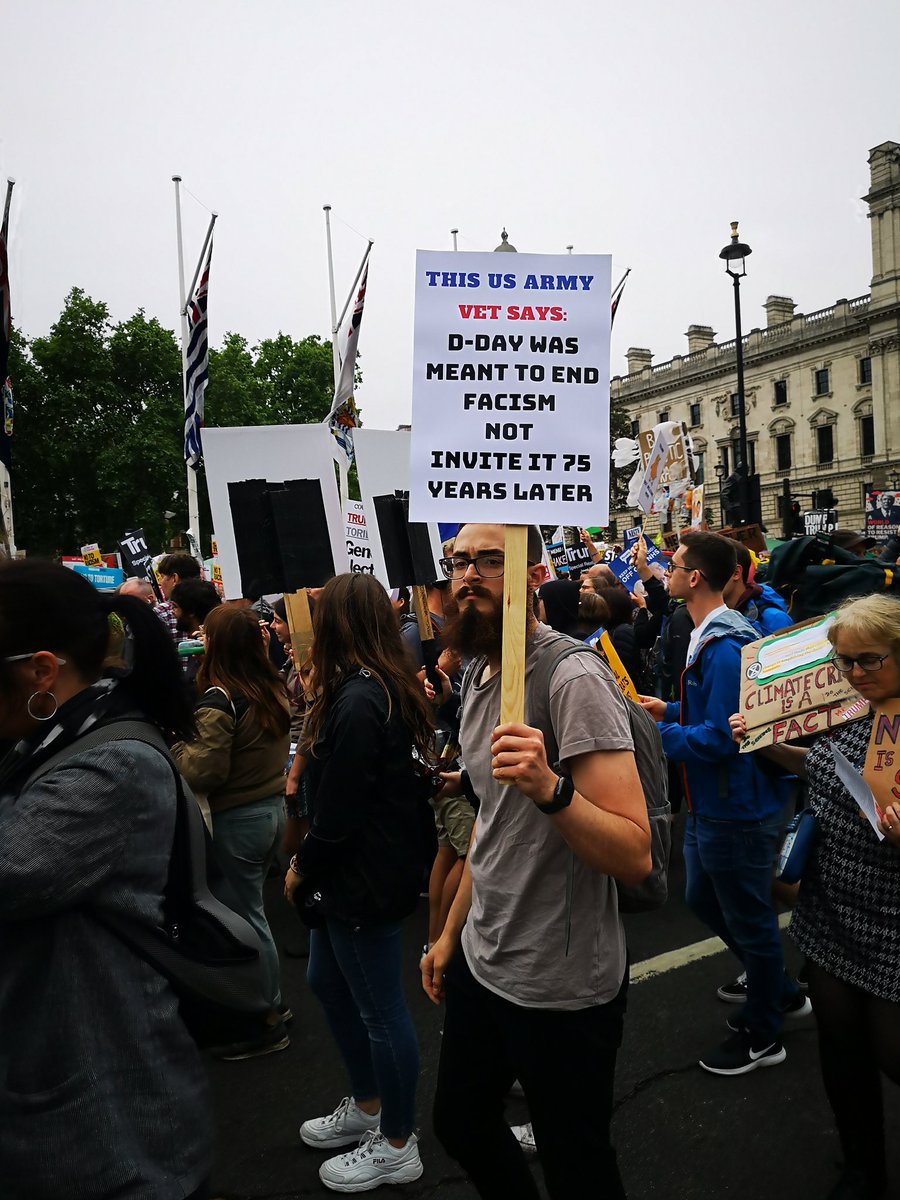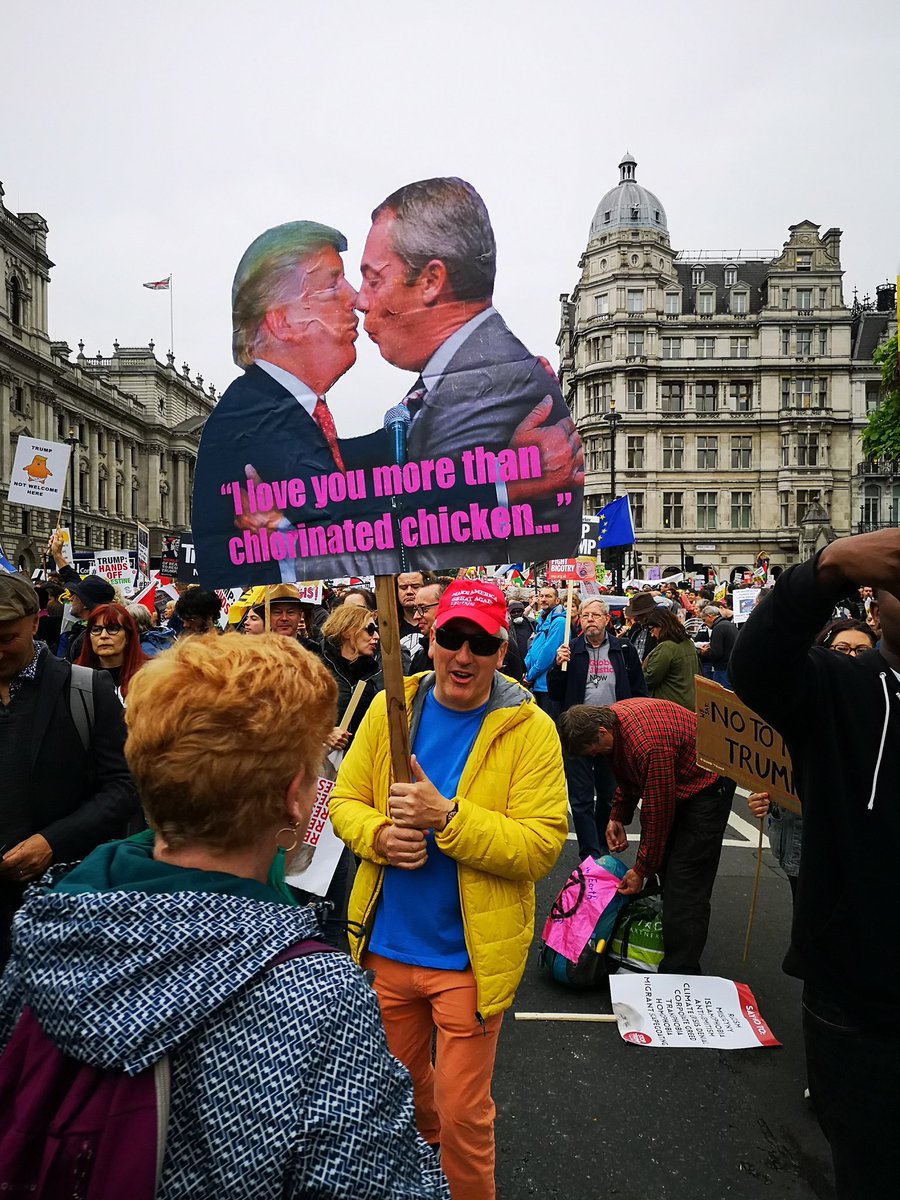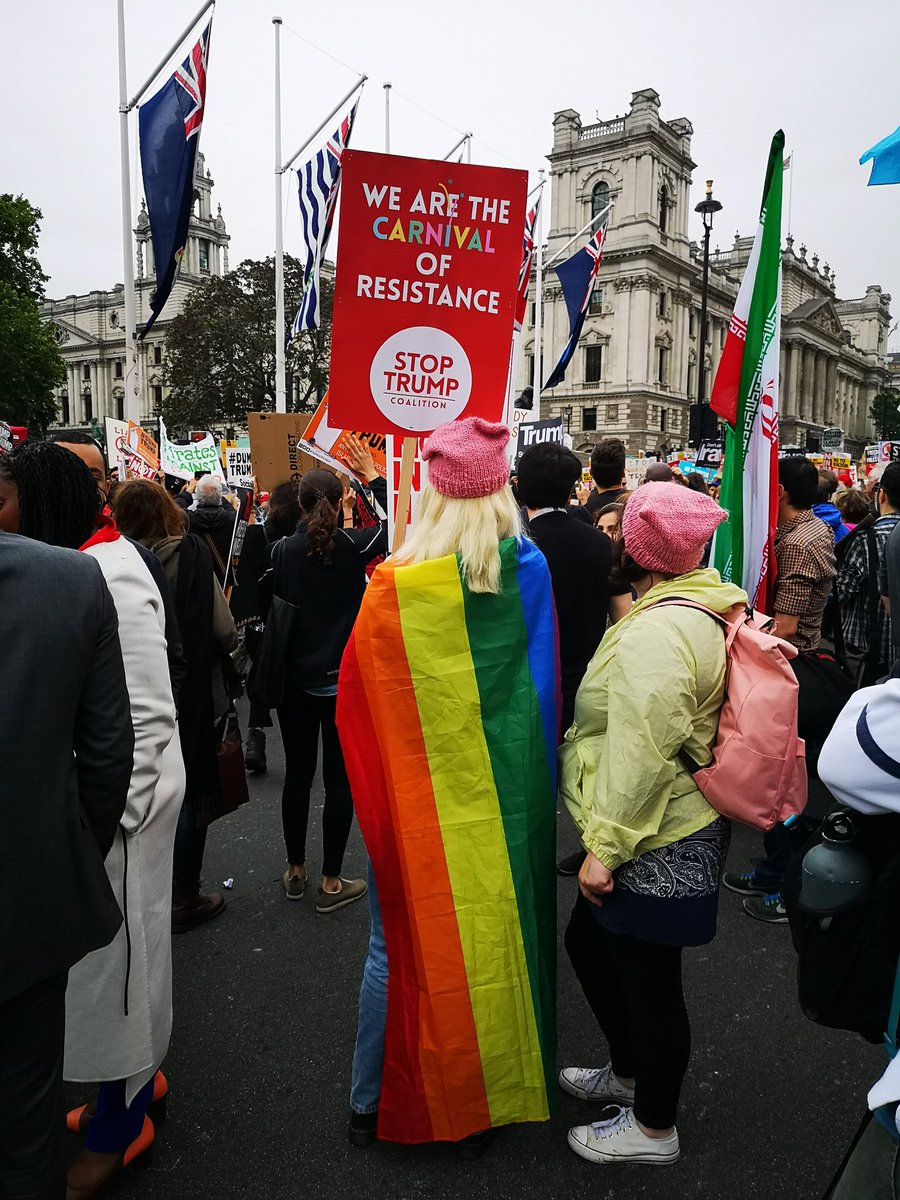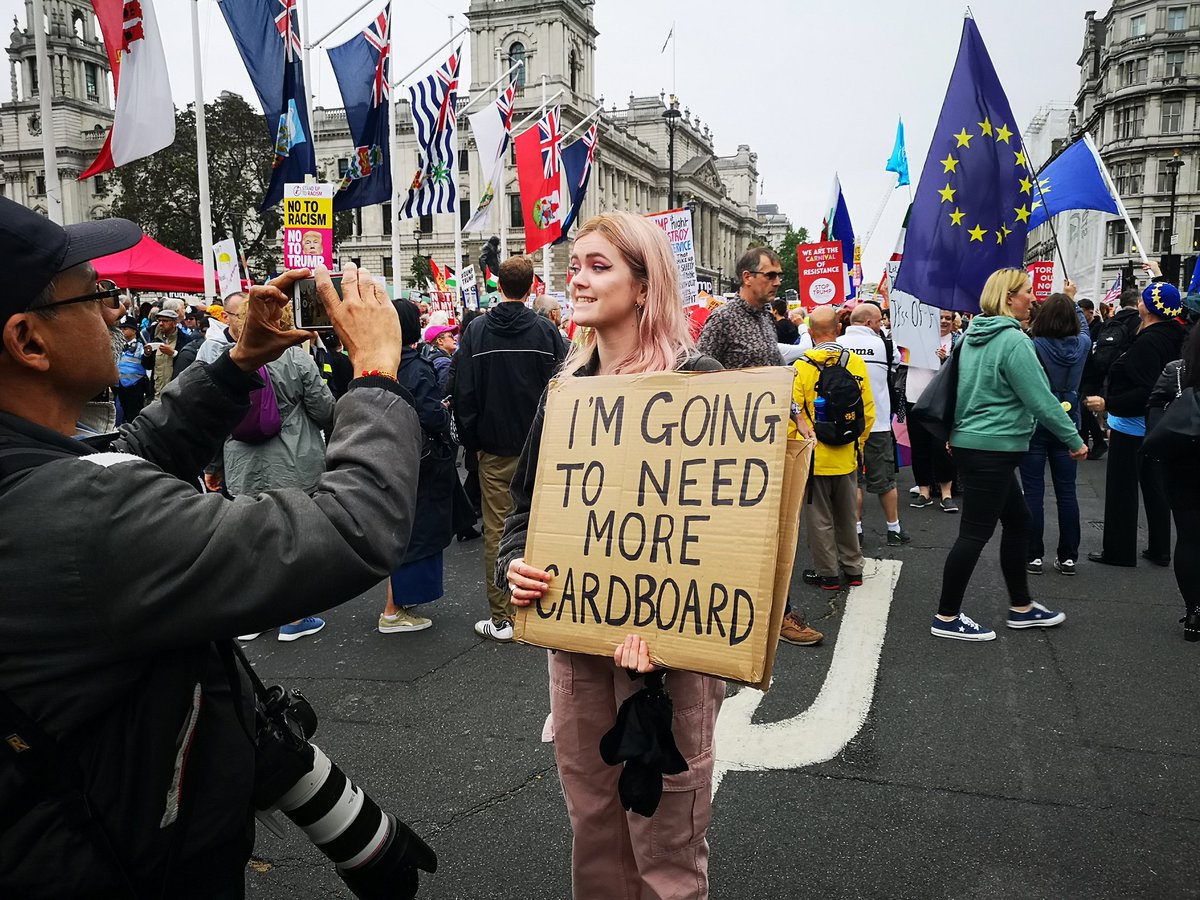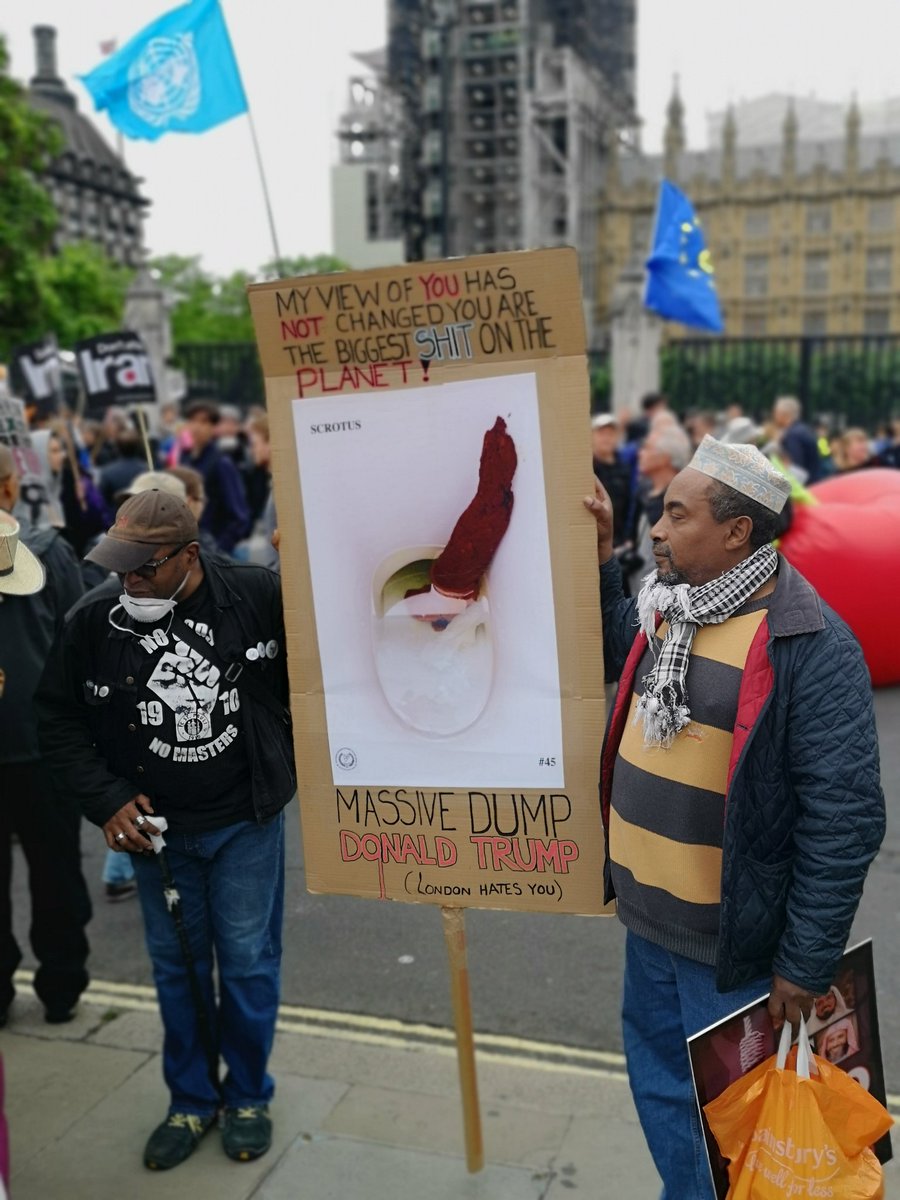They funded stuff in the city for hundreds of years - including Cabot's expedition to Newfoundland.
From Academy school contracts:
theguardian.com/uk/2007/apr/18…
bristolpost.co.uk/news/controver…
telegraph.co.uk/news/2019/03/2…
merchantventurers.com/who-we-are/his…
merchantventurers.com/who-we-are/his…
1 - "The Merchant Venturers control 12 charities and 40 trust funds, & also a private unlimited company, SMV Investments, that has major investments in defence contracting, tobacco, GM agriculture"
Source: en.wikipedia.org/wiki/Society_o…
discoveringbristol.org.uk/slavery/
1 - "Can I become a member - Membership is by invitation. The Society looks for individuals who are interested in making a contribution to one or more of the activities of the Society: education, care for older people, social enterprise, "
"The Society is an apolitical organisation and has no influence whatsoever over Bristol politics. Of course, each member has their own views, but the Society itself has no political bias."
"The Society itself has no wealth derived directly from the slave trade. Although, during this period in the eighteenth century, individual Bristol merchants who were members of the Society at that time, may have profited from the slave trade"
Also - "may have" really does need to be replaced with "did" imho.
The original 1895 plaque reads:
"Erected by citizens of Bristol as a memorial of one of the most virtuous and wise sons of their city AD 1895"
To me, what is more important than what is added (which is all true) is what is removed.
The Bristol post has done a good job documenting this story - this is one of their early posts.
bristolpost.co.uk/news/bristol-n…
bristolpost.co.uk/news/bristol-n…
bristolpost.co.uk/news/bristol-n…
thebristolcable.org/2016/04/bristo…
business-live.co.uk/ports-logistic…
Heaps of people have asked if there are similar organisations in the place where they live.
Some on this list may be similar, others less so. It's a good starting point though and includes some examples mentioned to me
cityandlivery.co.uk/the-city-expla…
It covers things in a lot more detail than I did - and more amusingly.
Well worth a listen. Starts 47 minutes in.
First a thread on the cult of Colston - something that is inextricably tired to the Merchant Venturers.

